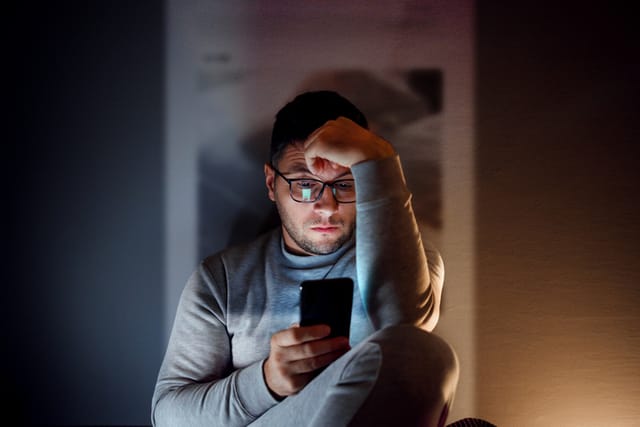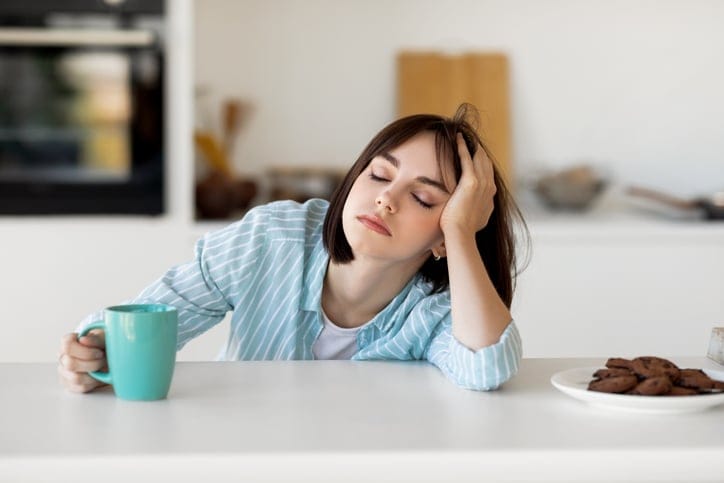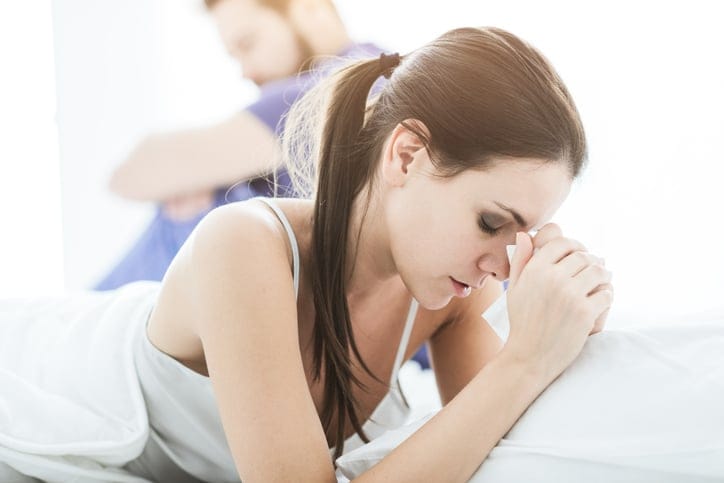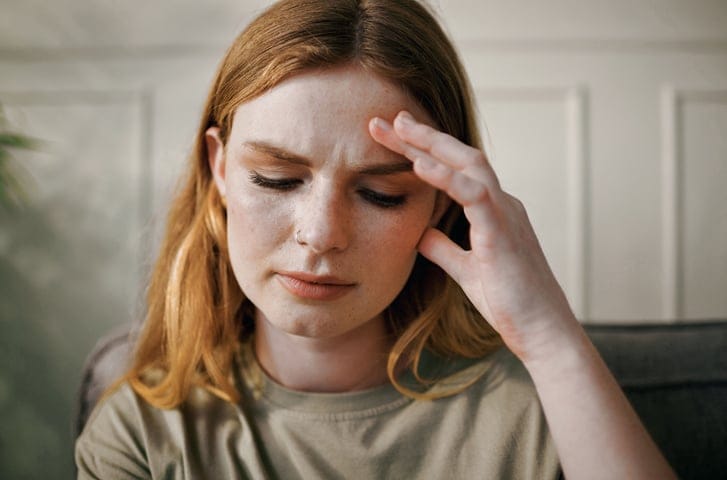You’re feeling like you’re sad all the time and it’s harder to get excited about things you used to enjoy. After a few days of feeling like you’re not your usual cheerful self, you might start wondering if you’re feeling a bit sad or dealing with something more serious than the blues, like depression. Read on to learn 10 easy things you can do to check if you’re dealing with sadness or depression, so you can get yourself back on Happy Lane.
1. Check The Time.
How long have you been feeling sad? If you’re dealing with a bit of the blues, they’ll pass within a few days. If the feeling lasts longer than two weeks, this is a red flag you could be dealing with a more serious case of sadness, such as depression. It helps to keep a mood-tracking journal so you know when it’s time to get support.
2. Think About How It Affects Your Life.
If you’re feeling sad, it probably won’t affect all aspects of your life. You’ll probably find it relatively easy to not let the blues spill over into your relationship or career. It might take a bit of effort, sure, but you can still get through your day. With depression, however, it gets more challenging to walk through life while carrying the weight of your sadness.
3. Look At Your Sleeping Pattern.
Your sleep might get affected by a bit of a sad patch – hey, that’s totes normal, especially if you’ve got stressful stuff on your mind. But, if you’re dealing with depression, you could be struggling with insomnia. On the other hand, you might feel like you want to sleep all the time, and you’re practically falling asleep at your desk.
4. Check Your Energy Levels.
It’s normal to feel zapped of energy after a busy or stressful day, or when you’re feeling a bit down, but depression will cause you to feel emotionally and physically drained – even after a weekend of relaxation and a good night’s sleep. If you’re lacking energy, flossing your teeth or chatting to a friend might feel like climbing Mount Everest. That’s a warning sign you could be depressed.
5. Consider Your Appetite.
If you’re feeling blue, you might want to eat a tub of ice cream for dinner because you’re looking for some emotional comfort. But, if you’re dealing with depression, you might want to do that every night. Or, you might find you’re experiencing no appetite at all. Always consult with a doctor if you’re experiencing drastic appetite changes.
6. Assess Your Social Behavior.

When you’re down, you might want to lay low and spend time alone to process your feelings. That’s fine, but if you’re cutting people out of your life because you don’t want to be around anyone, and you’d rather sit at home alone, there’s a risk your mood is taking over your social calendar and becoming a problem. This is especially concerning if you used to be outgoing and social.
7. Investigate The Intensity Of Your Feelings.
Your emotions might run a tad wild when you’re feeling sad. Maybe you’re feeling a bit anxious and self-critical, depending on the root cause of your sadness. But, if you’re feeling depressed, your feelings will be intensified. You might even feel overwhelmed and stuck in your emotional state, or like you’re disconnected from everything.
8. Look At Your Thoughts.
Your thoughts can tell you a lot about your emotional state. If you’re experiencing a bout of negative thoughts, that’s not necessarily a sign you’re depressed. On the other hand, if your negative self-talk is persistent and gets in the way of you achieving your dreams and feeling confident, that’s a sign you could need to reach out for support.
9. Check Your Body.
Being sad for a few days won’t cause you to feel physical symptoms. With depression, it’s common to experience aches, pains, digestive issues, and other physical symptoms. This is because the depression can manifest physically and lead to chronic pain, so it’s worth chatting to a doctor about any strange symptoms you’re experiencing along with your sadness.
10. Figure Out The Reason For The Feeling.
A case of the blues usually occurs after a life event, such as being rejected by someone you were crushing on or having a fight with your friend. It will pass after you’ve reached closure on the incident or given yourself time to get over it. By comparison, depression can strike after a stressful time in your life, but it can happen for other reasons, such as genetics. Everything might be going well for you when you feel depression arrive.
11. Be Honest About Your Ability To Change Your Mood.

If you’re dealing with a rough patch of sadness, you might be able to turn your mood around, like by doing things that make you feel good. By comparison, depression can be heavy and stick around all day every day. It makes it more difficult to feel positive and you might find that things you used to love no longer bring you joy.
Like what you’ve read? Follow Bolde on MSN for more!











